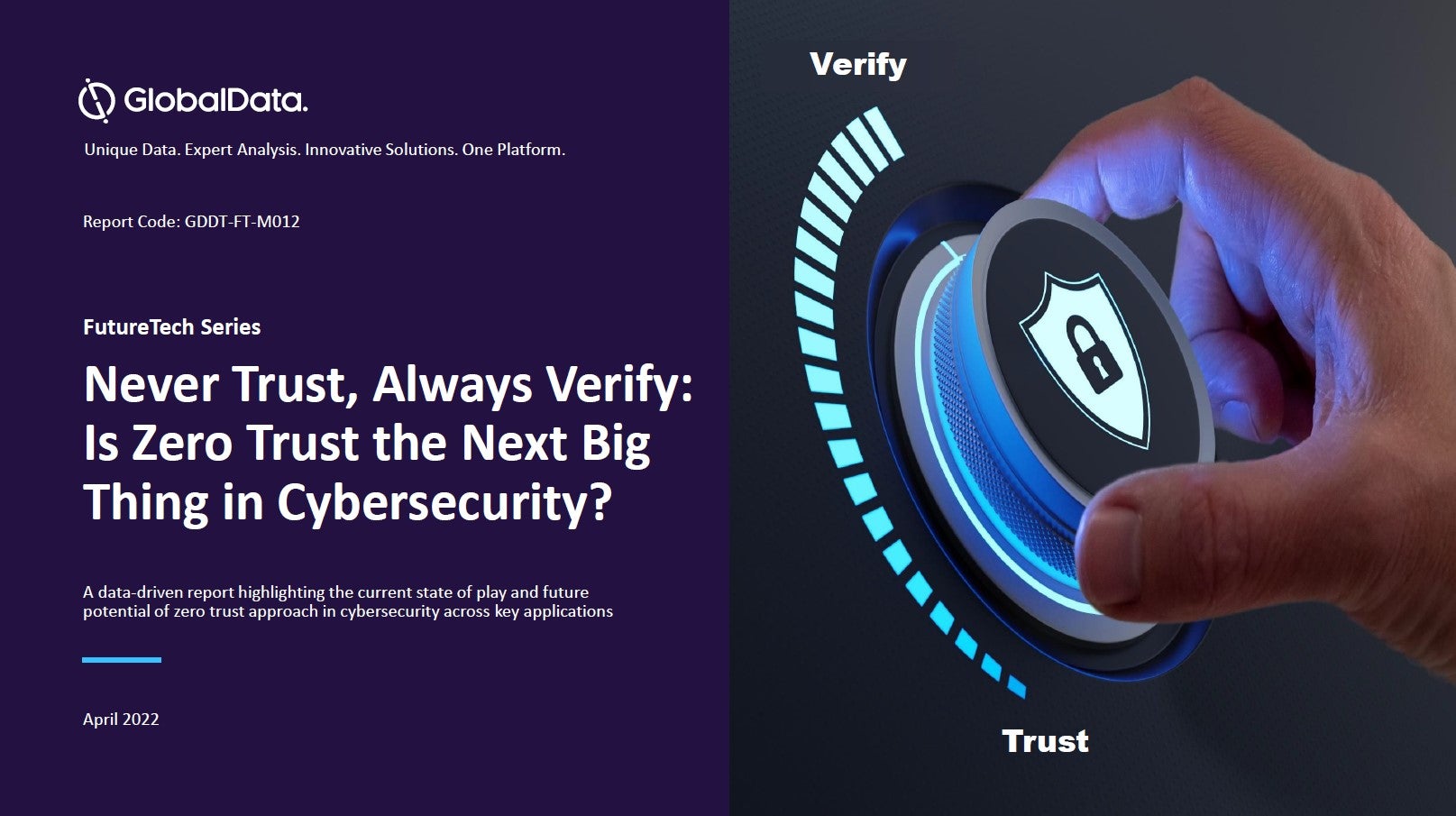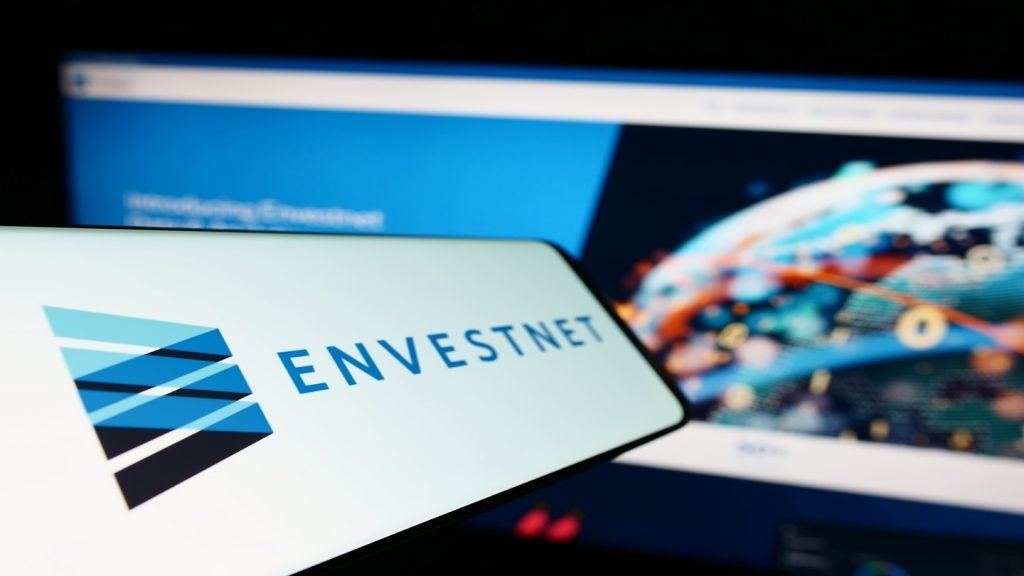
Jamie Crawley visits Synechron’s “finlab” in London to see how they’re helping wealth managers up their digital game in meeting due diligence requirements.
Wealth managers are caught between the pressure to innovate and the necessity to uphold regulatory standards.
How well do you really know your competitors?
Access the most comprehensive Company Profiles on the market, powered by GlobalData. Save hours of research. Gain competitive edge.

Thank you!
Your download email will arrive shortly
Not ready to buy yet? Download a free sample
We are confident about the unique quality of our Company Profiles. However, we want you to make the most beneficial decision for your business, so we offer a free sample that you can download by submitting the below form
By GlobalDataOn the one hand, there are the risks in failing to meet the demands of a younger tech-savvy generation, as statistics emerge that millennials will account for 50% of the workforce by the end of 2020 and are due to inherit the colossal wealth of baby boomers.
On the other hand is the omnipresent concern for KYC (Know Your Client) and AML (Anti Money Laundering) regulations.
“This is a theme we’ve seen over the last 10 years with the increase in regulation in general, but specifically a big focus on KYC,” says Paul Musgrave, head of digital at business consultancy and financial technology provider, Synechron.
“All of our clients are concerned in KYC: A – how can they be better at it; B – how they can be more efficient at it; and C – how it can be a better process for the client?”
Accelerating onboarding
Due diligence in the onboarding process is one of the most vital parts of the client journey, both from compliance and a service perspective. It’s just unfortunate that it is also probably the most tedious for the client, and extremely taxing on the company’s time and resources.
Fortunately, technology exists to automate this process, making it a more tolerable experience for all concerned.
UK cyber-identity company iProov is a very good example, winning Best of Show awards at Finovate Europe in 2018 and 2019 for their biometric authentication solutions.
“You’ve got to do it in a way that can’t be spoofed by criminals – even criminals are driven by compelling criminal business models. That places a high bar, not just the bar set by ING or Rabobank, but that set by the Home Office and Homeland Security,” CEO Andy Bud told Private Banker International at this year’s event.
“You need to be absolutely sure that it is the genuinely present person, and we need to provide that level of security without torturing the user.”
Paul Musgrave echoes this. “In investment banking, it can take over a year to onboard a new client. The higher and higher you go up the net-worth ladder, the more and more like a large corporate body the client is, the more and more due diligence is required and the longer it takes.
“So, you need to do that efficiently, and be confident in the result you get. But also you need to provide a high level of service to client.
“We’ve done a lot of KYC-portal work, helping clients understand what can be done behind the scenes to automate it as much as possible.”
Synechron’s Client Onboarding accelerator is one of eight such wealthtech platforms unveiled at the start of March designed to increase the efficiency of all wealth management processes throughout the customer journey, as well as create a higher quality of service for the client.
The Client Onboarding tool utilises natural language processing (NLP) and optical character recognition (OCR) to enable an organisation to onboard a client with adherence to all KYC requirements in less than 20 minutes, and avoid having to hand documents from team to team to carry these out manually.
Primarily, clients can scan identification documents using the same sort of interface that retail clients will recognise from the likes of Monzo and Starling banks. Clients can then also scan documents that serve as proof of net-worth. This could be a payslip or a letter from an employer or the bank manager, depending on what the wealth manager requires.
“This is where we’d challenge them, saying, ‘Is that really what you need? Or is that just what you do because that’s the way you’ve always done it?’” Musgrave says.
Challenges and solutions
One area where Synechron gets challenged is in verifying that the identification (ID) the client has provided is actually theirs.
“This is especially true in the Middle East for example,” Musgrave explains. “The rule in Dubai is you have to show yourself in person to prove your ID is genuine, so there’s no point in doing anything like facial recognition or anything, because you still have to go into the branch to show your passport or your ID card, and say, ‘Look, this really is me.’”

But event this is becoming increasingly redundant, as biometric innovations exist offering genuine presence verification solutions, enabling customers to self-verify remotely with their mobile device.
Musgrave says: “If you look at a Monzo or a Starling, most of them use a company called Onfido that does ID verification.
“Our data scientists have also been playing around with combining voice recognition, iris recognition, and facial recognition. So they can do all three of these at once to say, ‘Well, if you want to be extra secure, look at all three of these.’ And you could overlay that onto the Client Onboarding platform if necessary.”
KYC, of course, does not start and end with verifying a client’s identity. Synechron also boasts a risktech accelerator called Visual Risk, which enables insurance brokers to quickly underwrite insurance by crawling the web for all relevant information on the parties concerned. Musgrave explains how this concept can be easily applied in another context, such as that of a wealth manager performing due diligence on a prospective client.
“If I’m Ben Musgrave, a high-net-worth individual, and most of my wealth has come from www.benmusgrave.com, you could check Companies House and get all the information it’s got about my website, and putting all that information in to enrich and improve your onboarding KYC.
“And then when, say, the next filings of www.benmusgrave.com are due, it will automatically pull Companies House to get the next year’s filings to check that everything’s still looks legitimate, and you’re still comfortable having me as a client.”
Between Client Onboarding and its seven fellow wealthtech accelerators, Synechron’s package is designed as a front-to-back solution for wealth managers, from the web-crawling Client Prospecting to identify potential clients, to the Alexa-wielding Relationship Management Dashboard to augment ongoing client management and interaction.
The wealth managers’ response
“What is it Henry Ford’s supposed to have said?” Musgrave asks. “‘If I had asked people what they wanted, they would have said faster horses.’
“We’re showing wealth managers that cars are available now, so they don’t need to just say ‘Give me a faster horse, please.’”
Private banking and wealth management are industries that are reputedly slow to respond to the innovations of companies like iProov and Synechron that can offer their clients a greater experience and make their own lives easier while they’re at it. Ben Musgrave’s experience of this is somewhat mixed.
“In general, I would say that there are pockets of every organisation doing very well and there are pockets of every organisation doing poorly at it.”
From a due diligence perspective, scepticism and suspicion of artificial intelligence, machine learning et al is understandable given what’s at stake when it comes to KYC and AML procedures and the threat of penalties and reputational damage for not meeting them.
Musgrave says that resistance to develop is as much technical as it is cultural.
“The difficult bit is plugging into all of their back end systems. They’ve got big legacy systems that are hard to interact with. And we can’t just rip them out, because that’s their core banking system, so it’s integral to everything they do.
“You’d be knocking the building down, not just redecorating one of the rooms.”








